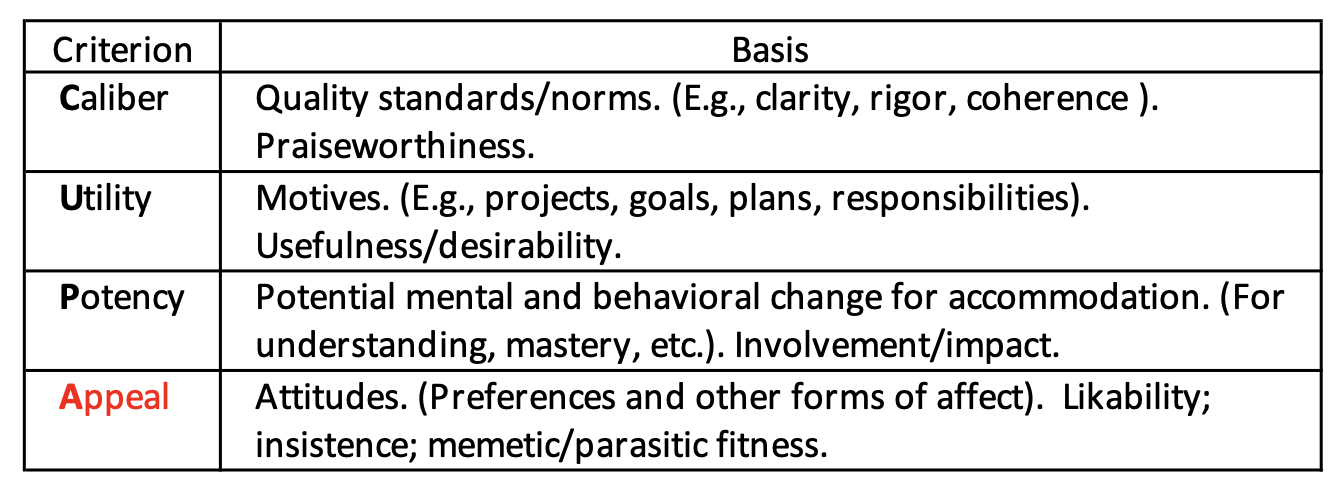This post briefly describes an approach to studying minds and designing artificial ones; the need to name this approach; the term integrative design-oriented as the name for the approach; and the need for a manifesto regarding the approach. In the main, it points to a draft manifesto.
For many years I was dissatisfied with the name I used to refer to a certain approach to human mind (cognitive science and AI). How we name scientific concepts is actually quite important. In Cognitive Productivity: Using Knowledge to Become Profoundly Effective, I referred to the approach as “broad cognitive science”.[1] I used the term “broad” to convey an attempt to understand a wide spectrum of capabilities that are often treated in isolation from each other under the banners of “cognition”, “affect” (“emotion” / “attitudes”, “moods”), “motivation”, “volition”, “executive functions”, etc. The approach means not to study these functions in isolation from each other, but as interacting and often blended mechanisms. By “cognitive science” I also meant an expansive approach to understanding human mind — one that is truly interdisciplinary and computational.
Continue reading Draft Manifesto for Integrative Design-oriented Cognitive Science and AI

